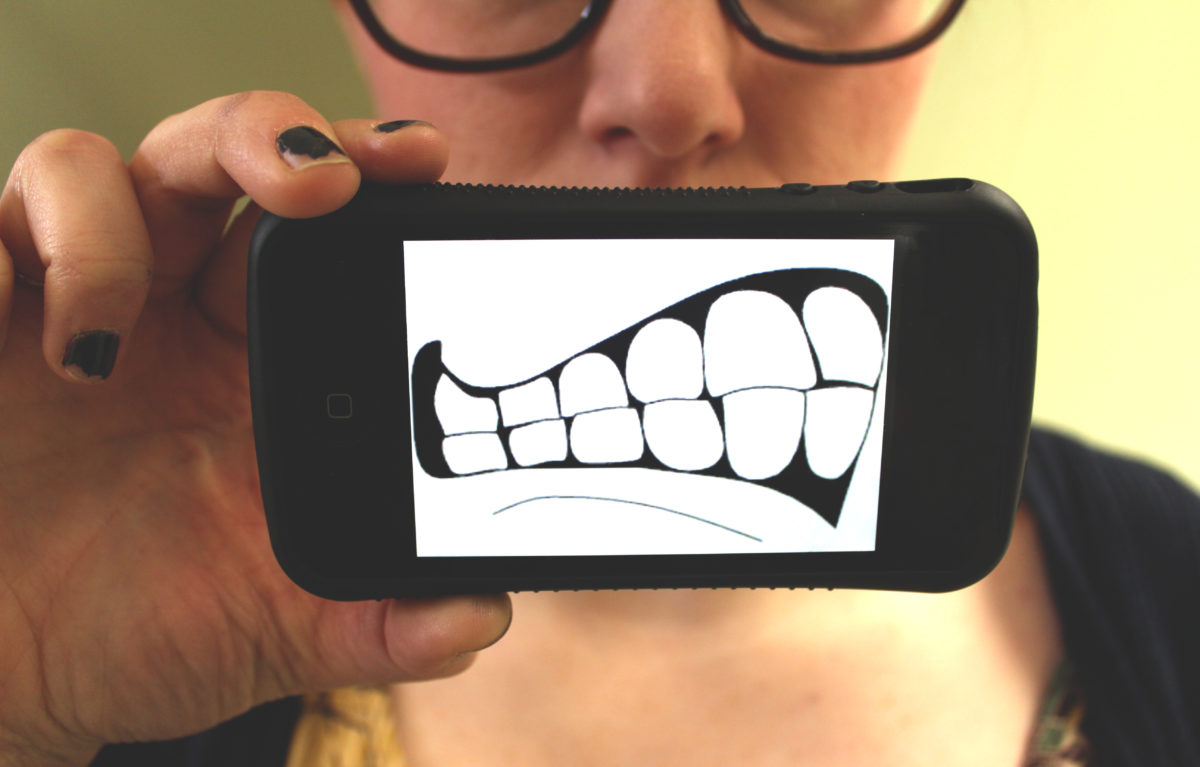Alex Solak decided to donate directly to the Canadian Mental Health Association and call out Bell Canada during #BellLetsTalk last week.

“My problem was not with what the campaign was trying to do but with Bell plastering their name throughout the whole thing.”
After donating to CMHA, the STU alumnus tweeted hashtags like #BellWeNeedtoTalk, #BellCanIHaveYoNumber? and #BellLetsTalkAboutPriceCollusion.
The telecommunications giant donated $6 million to promote mental health this year, giving five cents for every text or call over its network, and every hastag reference and Facebook share.
Solak, a digital marketing analyst at Tourism New Brunswick, said he did experience backlash because of the tweets.
“Some people flat-out didn’t like that I was kind of mocking the hashtag throughout the day. They felt like it was kind of a cheap shot on something they thought was important.”
But Solak did receive comments from people who agreed with his point, but said they were going to use the hashtag anyways because it’s something they felt they could do to help.
Solak said he did not hear back from Bell, as its social media manager was probably quite busy that day.
“It’s much easier to ignore it. It’s usually the policy of a social media manger…if they pay attention to it, then they are giving some credence to what you are saying.”
St. Thomas University’s students union participated in #BellLetsTalk by tweeting throughout the day, posting mental health videos and taking pictures of students and staff with the Bell logo.
“It’s very accessible for students,” said STUSU vice president of student life Rebecca Ferris. “Not a lot of students can afford to donate their money.”
Ferris was in charge of Mental Health Week at STU in October. She said she fully supports Bell Let’s Talk.
“All you had to do was tweet. A vast majority of students tweet and even having a cell phone and texting your friends. That’s very easy to get people engaged and involved and it’s for an important cause.”
Solak said although companies using social media for promotion is relatively new, the idea of throwing money at a project for publicity is not.
“They could have, as many companies have done in the past, donated money and tell newspapers to talk about it…but with social media they did it in reverse. They got everybody to praise them first and from the amount of praise, predicted how much they were going to be giving. And that is something that is relatively new.”
Solak said he does support the work that is being done for mental health in general.
“If you have a hashtag or a campaign, and you put ‘Let’s Talk’ you do it and support it and throw money at it. Fantastic. But to be part of it that I have to actually promote Bell even subtly, then I’m not going get behind it because I don’t support the company.”
